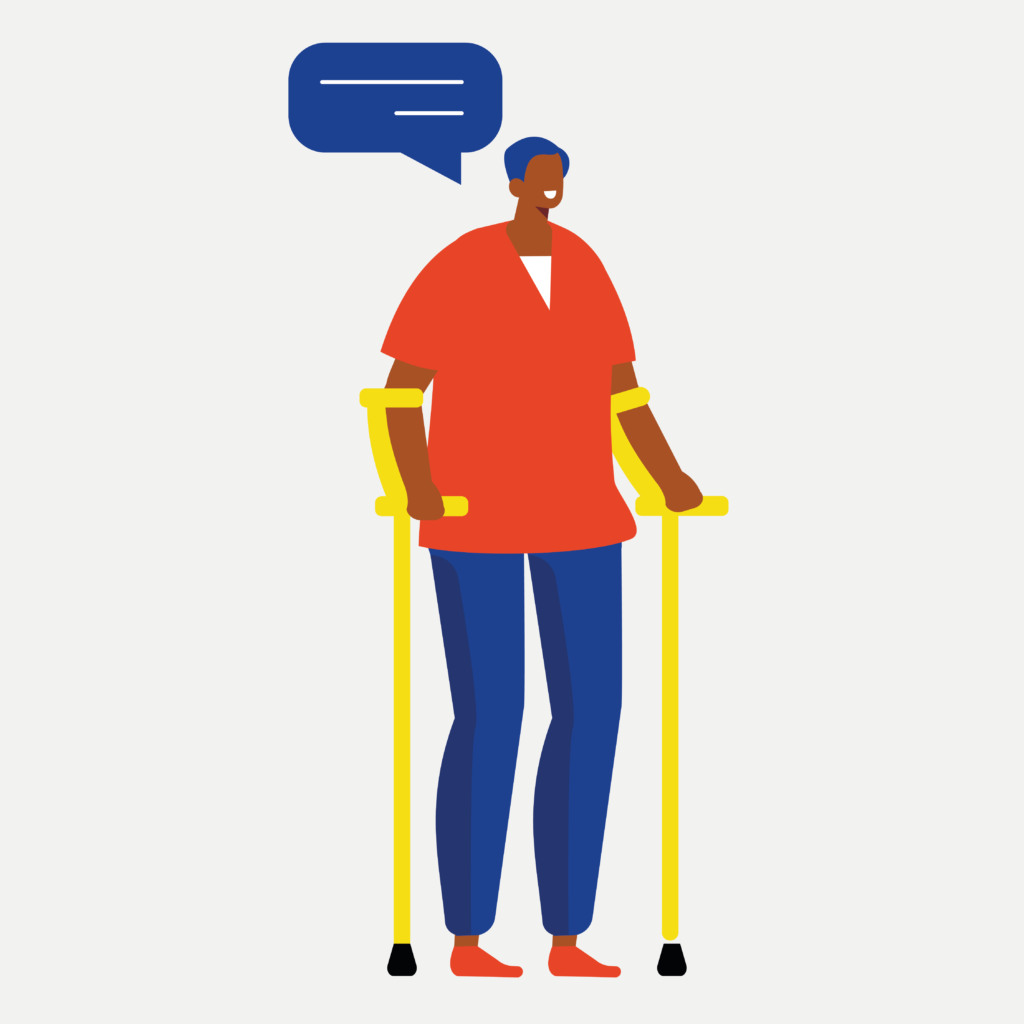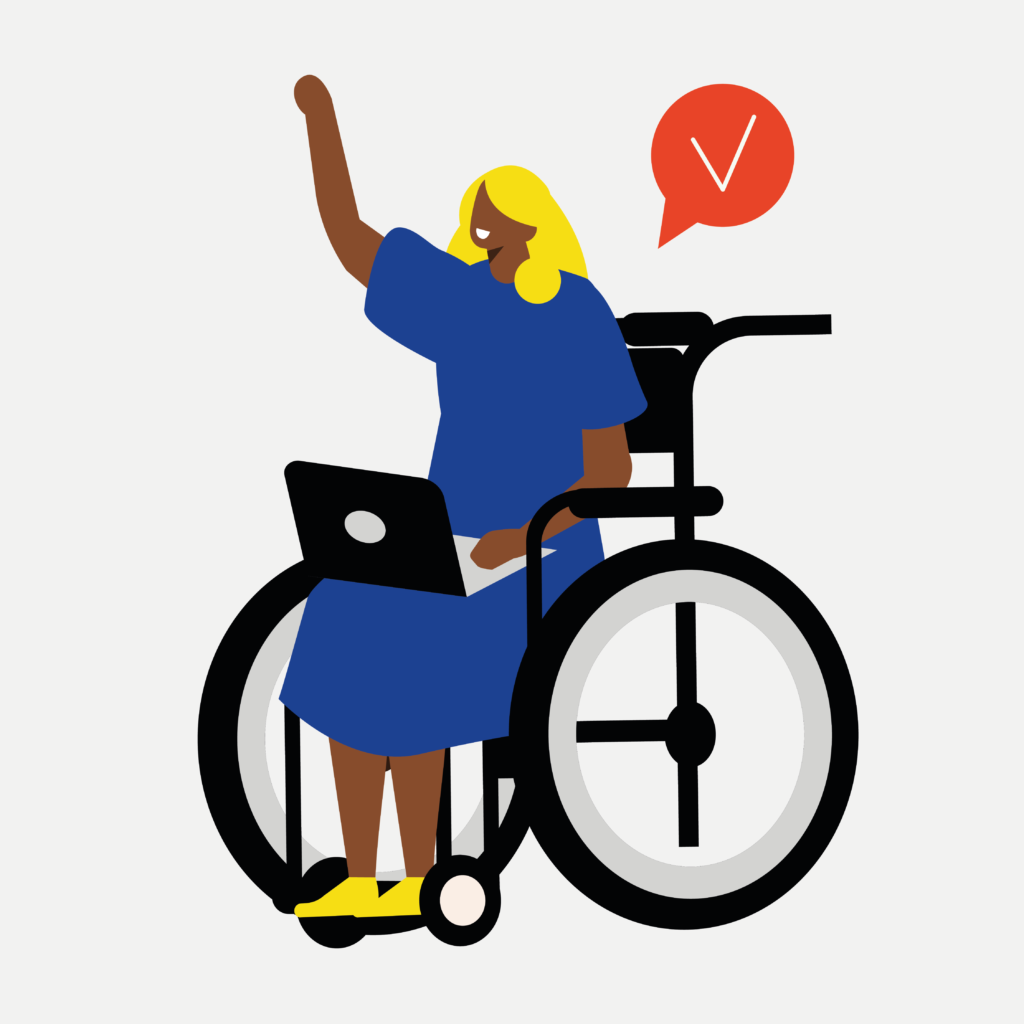User Research for Inclusive Health Facility Design
People with disabilities face significant barriers to accessing health services, including space, service, and product issues as well as communication, information provision, and attitudinal factors. Overcoming these barriers will advance the provision of accessible, high-quality health services for people with disabilities while improving patient safety and comfort for all users.
Scope supported Philips and the Missing Billion initiative in conducting foundational user research to inform the design of an optimal, inclusive facility model at the primary care level. The project resulted in a new universal vision, design standards, and pragmatic implementation pathways for inclusive health facilities globally.
Project Approach
Scope conducted user research with people with disabilities in the United Kingdom and Kenya. Our participatory, rapid Discovery Sprint approach engaged participants to identify critical service gaps and improvement opportunities across their health service journey. This approach ensures that the perspectives and real-life experiences of people living with diverse disabilities are at the heart of the new facility design process.
The seven-week Discovery Sprint was executed in three phases:
- Designing bespoke ethnographic and mixed-method research and digital tools to support disability-inclusive data gathering that best serves the needs of participants with physical, cognitive, sensory, or social impairment.
- Using diary studies, virtual health facility tours, and one-to-one discussions with participants with diverse disabilities from the United Kingdom to capture past experiences, ideal service journeys, and disability-specific preferences.
- Validating gathered insights and data through social media listening and influencer crowdsourcing in Kenya to identify patterns and drive public conversations around the health service experience of people with disabilities.
Project Outcomes
The Discovery Sprint resulted in a set of design principles and characteristics shaped into an architectural scale model of an inclusive health facility. These recommendations and actionable insights will guide the Philips and Missing Billion teams in designing the new, inclusive health facility model.
Read The Missing Billion: Access to Health Services for 1 Billion People With Disabilities report (PDF 1,8MB), mapping out the barriers for the health and well-being of people living with disabilities.



